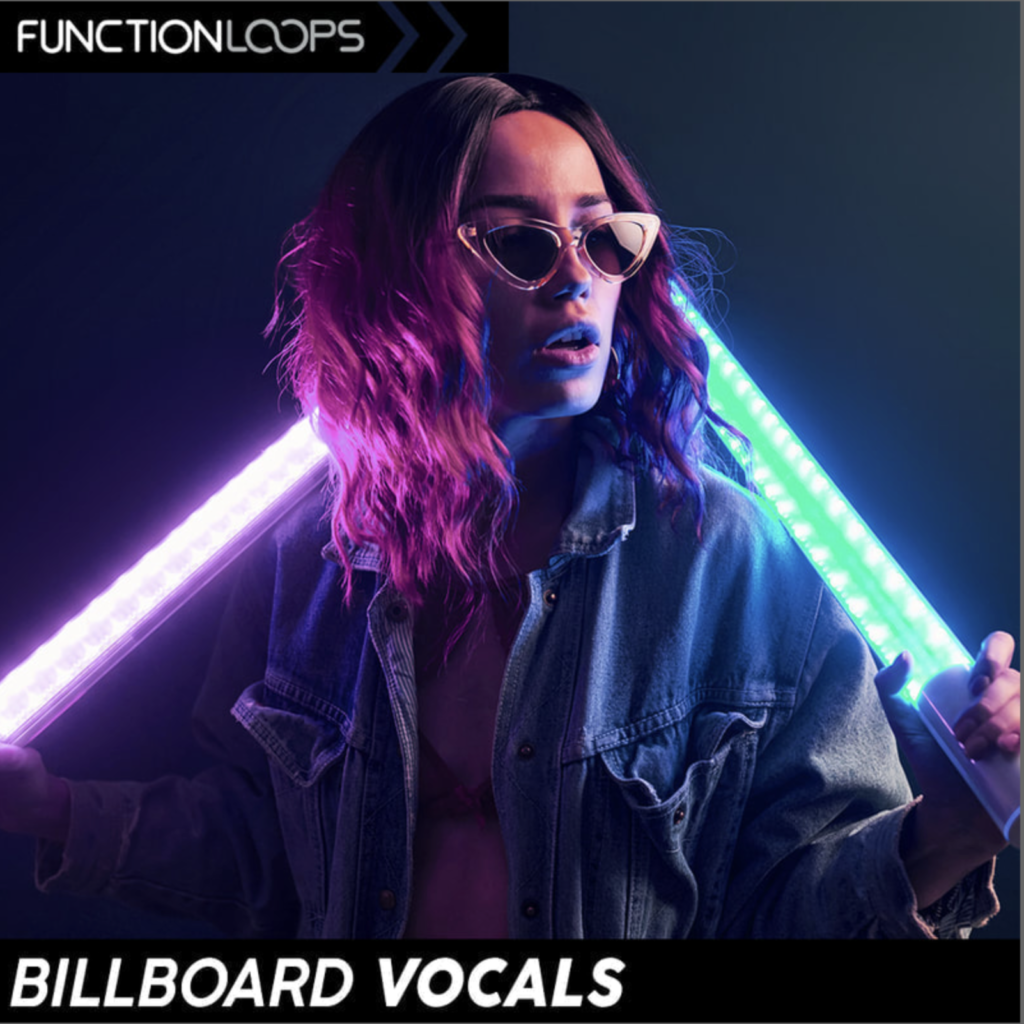As a music producer, one of the perks of working with royalty-free sample collections is the creative freedom they offer. You can incorporate professional-level sounds into your original productions without worrying about licensing issues—at least, that’s the idea. However, my recent experience after using a 100% royalty-free vocal sample from the Function Loops – Billboard Vocals collection has taught me that things aren’t always so simple.
The Setup
I was excited to work with the high-quality vocal samples from Function Loops, a collection specifically designed for producers. These samples are marketed as 100% royalty-free, meaning you can use them in your projects without concerns over copyright claims. After carefully rearranging the vocals, adding my own instrumentation, and producing a unique track, I felt confident that I had created something original.
On April 2, 2024, I uploaded my finished production to YouTube. Everything seemed to go smoothly, and I had no reason to expect any issues.
The Problem
Months later, in September 2024, I stumbled upon another YouTube video, uploaded on September 5, 2024, by someone else. To my surprise, this video had taken my original production, which I had uploaded months earlier, and simply added percussion and some chopped vocal elements to it. It was frustrating because this wasn’t just a case of similarity; it was my exact production with minor changes. What made it worse was that the other uploader had used a digital distributor, like Routenote, to release their version of the track.
The Copyright Claim
Because this other person had distributed their version of the song through a digital distributor, I soon received a copyright claim on my original YouTube video. Despite the fact that my video had been uploaded first, I now had to deal with someone else claiming ownership over content I had produced. The irony of the situation was overwhelming—I had followed all the rules, using royalty-free samples and creating an original arrangement, but I was now facing a copyright battle.
The Dispute
Feeling unfairly targeted, I decided to open a dispute with YouTube, explaining everything that had happened. I provided evidence that my video was uploaded months before the other person’s remix. I also pointed out that the vocal samples I used were royalty-free, and I had adhered to the terms of the Function Loops license agreement.
Thankfully, after reviewing the case, YouTube ruled in my favor, and the copyright claim was removed from my video.
Final Thoughts
This experience highlights the importance of understanding the complexities of using royalty-free content in music production. Even if you follow all the rules, there’s always a risk that someone else might misuse your work and cause issues for you down the line. It’s crucial to be aware of these challenges and to be ready to defend your rights if a situation like this arises.
If you’re a producer working with royalty-free samples, make sure you keep detailed records of your projects, including when you uploaded your content and any licensing agreements. Being prepared is key to protecting your work.


